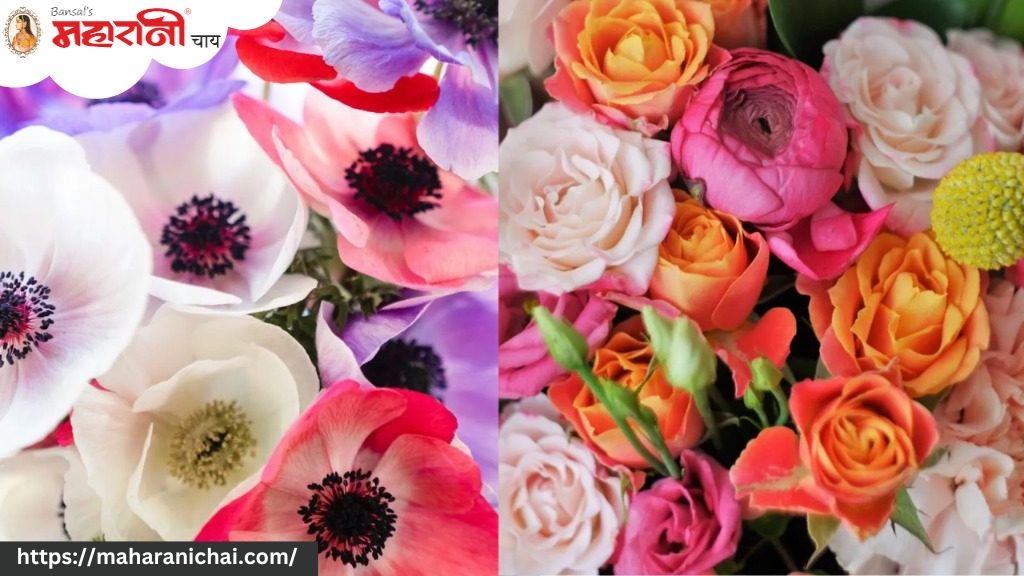The aromatic taste and therapeutic properties of flower teas have made them popular for centuries. Steeped in tradition and cultural significance, these delightful brews offer health advantages while tantalizing your taste buds. Flower teas abound, but some stand out for their taste and nourishment. Flower tea is a beverage prepared by steeping various parts of flowers, such as petals, buds, or blossoms, in hot water.
What Is Flower Tea Called?
Flower tea is also commonly referred to as herbal tea or tisane. A fragrant and delectable alternative to traditional teas, each flavor boasts its remarkable taste profile and medicinal benefits.
Types of Flower Tea
- Echinacea Flower Tea: Made from the flower petals of echinacea, or purple coneflower, this herbal infusion is renowned for its immune-boosting properties. Echinacea flower tea is rich in antioxidants and anti-inflammatory compounds, making it an excellent choice for fending off colds and the flu.
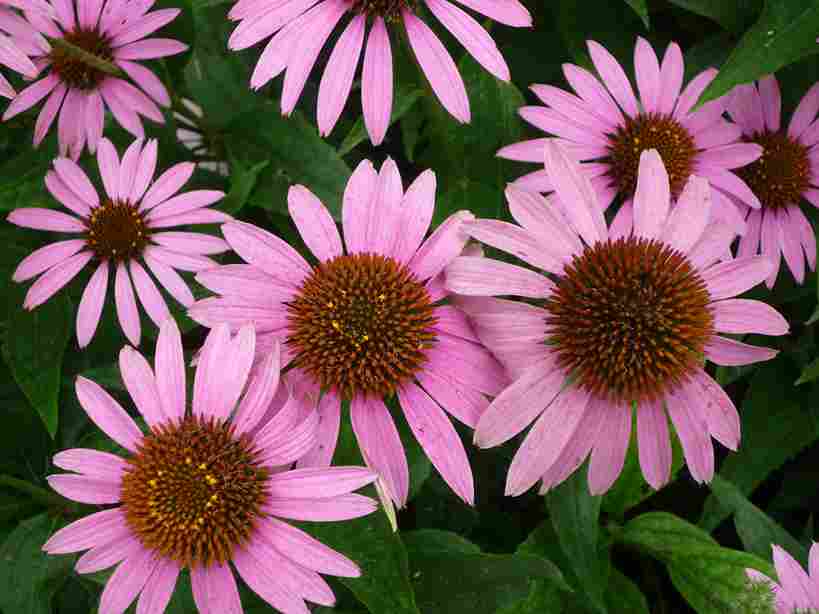
Recipe
- Steep dried Echinacea petals in hot water for 5-10 minutes.
- Add honey or lemon for extra flavor.
- Then strain and enjoy.
- Lavender Flower Tea: Lavender flower tea is celebrated for its calming aroma and soothing physiological effects. It promotes relaxation, reduces stress, and improves sleep. Lavender tea also boasts antioxidant properties and aids digestion.
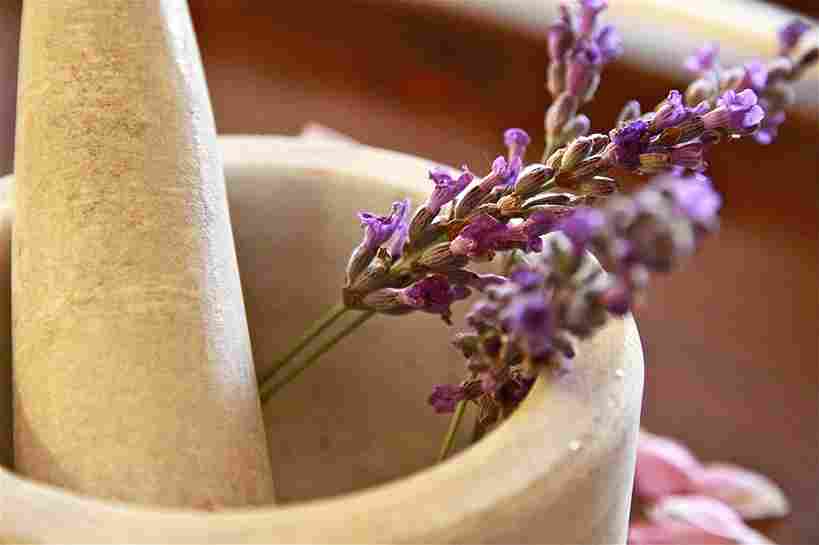
Recipe
- Steep dried lavender buds in hot water for 5-7 minutes.
- You can enhance its flavor with a dash of honey or a slice of lemon.
- Then strain and sip.
- Calendula Flower Tea: Calendula flower tea, brewed from the petals of the calendula or marigold plant, offers a plethora of health benefits, particularly for the skin. It is prized for its anti-inflammatory and skin-healing properties, making it a popular choice for healthy skin.

Recipe
- Steep dried calendula petals in hot water for 10-15 minutes.
- You can sweeten it with honey or sugar if desired.
- Then strain and enjoy.
- Violet Flower Tea: Violet flower tea delights the senses with its delicate floral aroma and subtle sweetness. Rich in vitamins A and C, as well as antioxidants, violet tea supports immune function and promotes radiant skin.
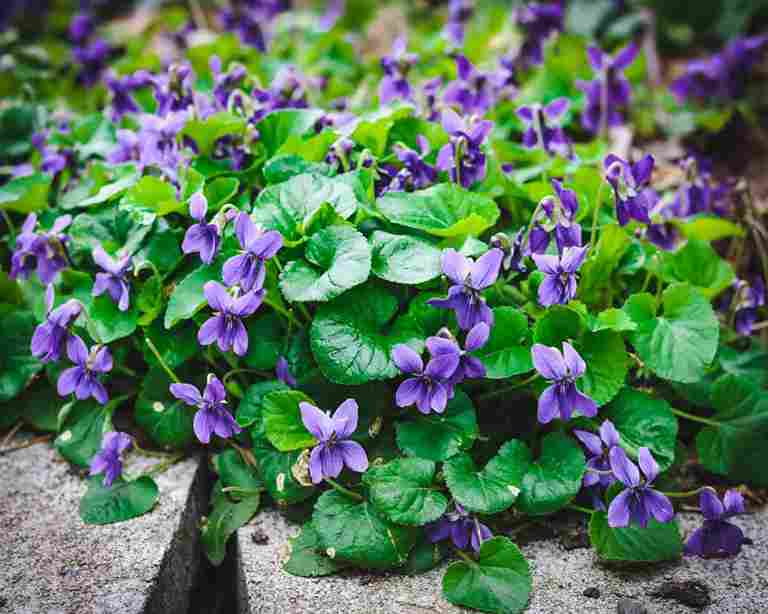
Recipe
- Steep dried violet petals in hot water for 5-7 minutes.
- Enjoy it hot or chilled with honey drizzle for added sweetness.
- Then strain and sip.
- Dianthus Flower Tea: Derived from the petals of the dianthus plant, dianthus flower tea offers a distinct flavor profile reminiscent of cloves and cinnamon. This aromatic brew is cherished for its digestive benefits, alleviating bloating, indigestion, and nausea.
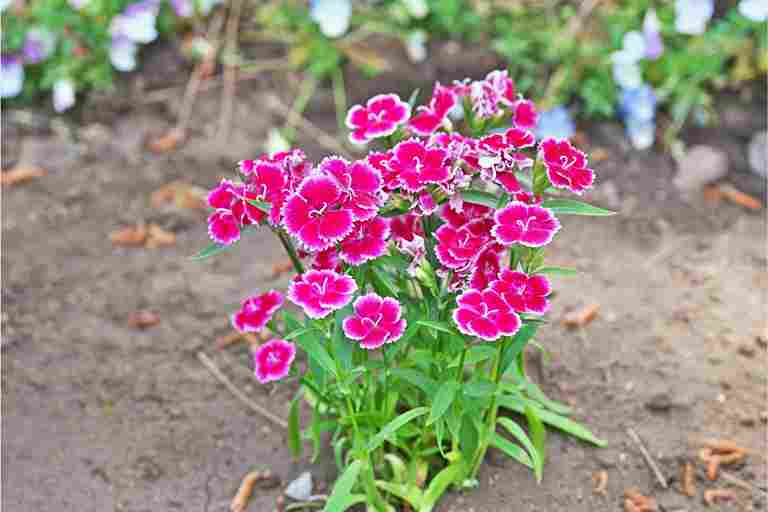
Recipe
- Steep-dried dianthus petals in hot water for 7-10 minutes.
- Then strain and enjoy, It pairs well with honey or ginger.
- Dahlia Flower Tea: Dahlia flower tea captivates with its delicate sweetness and subtle earthy notes. Rich in antioxidants, Dahlia tea may combat oxidative stress and promote cellular health.

Recipe
- Steep dried dahlia petals in hot water for 5-7 minutes.
- Then strain and sip.
- You can enjoy it plain or with a splash of milk for added creaminess.
- Cinnamon Basil Tea: While not a flower tea in the traditional sense, cinnamon basil tea deserves mention for its unique flavor and potential health benefits. Infused with cinnamon’s warm, spicy notes and basil’s fresh aroma, this herbal brew is believed to aid digestion, relieve stress, and promote mental clarity.
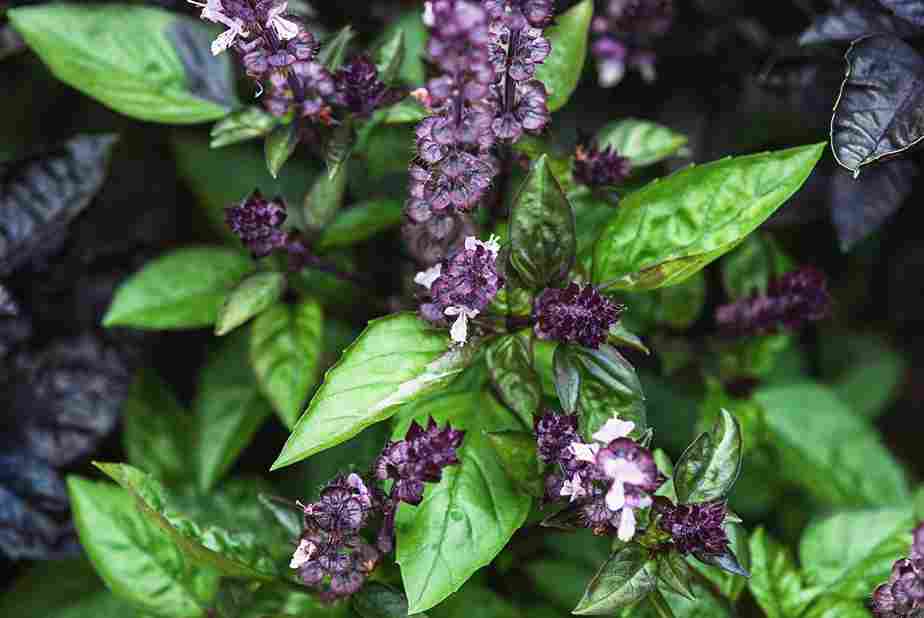
Recipe
- Steep fresh cinnamon and basil leaves in hot water for 5-7 minutes.
- Then strain and enjoy. You can add honey/sugar-free or lemon for extra flavor.
Which Flower Tea is Best for Skin?
Among the various flower teas discussed, calendula flower tea stands out as the best choice for healthy skin. Its anti-inflammatory and skin-healing properties make it an excellent option for soothing irritations, reducing acne, and promoting a clear complexion. Incorporating calendula tea into your daily routine can nourish your skin from within and enhance its natural radiance.
Exploring the world of flower teas is a delightful journey filled with aromatic delights and wellness benefits. Incorporating these exquisite brews into your daily routine can elevate your tea-drinking experience while supporting your overall health and well-being. So, why not indulge in floral bliss today?

